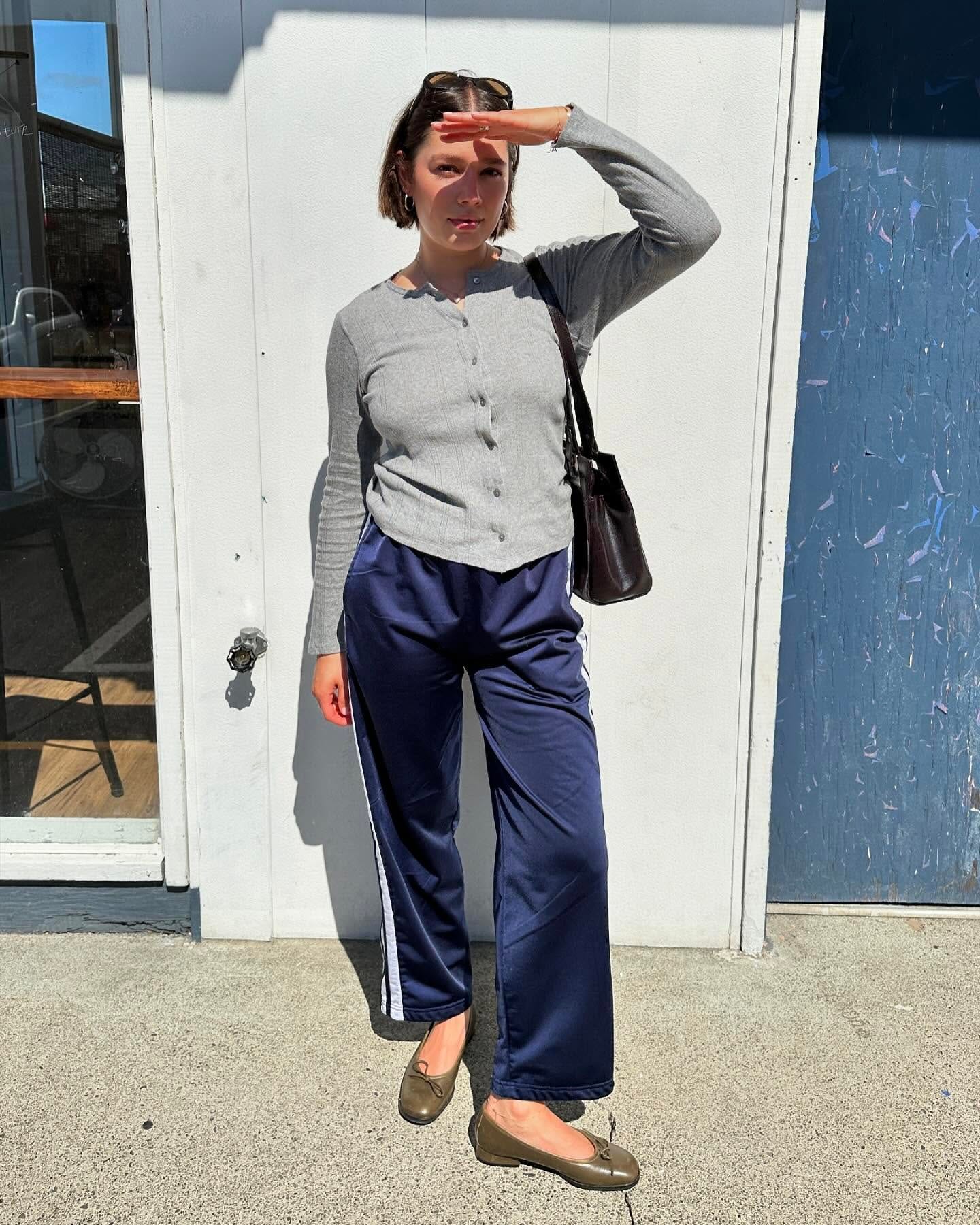Welcome to Human Pursuits, the column that features need-to-know names and stories in media and other creative spaces. Today, an outtake from my conversation with – and an afterthought on moving books.
Read part one of our conversation HERE.
Outtake
ES: I’m not sure if you’re familiar with the idea of “quake books,” but it’s basically when you read something that completely changes the way you see the world. It sounds like The Philosophy of Home might be that for you?
SG: Certainly. I’m curious what one of yours is, though.
ES: It’s not a very interesting answer, but Meditations by Marcus Aurelius. It was recommended by this writer, Ryan Holiday, who I’ve tried to model parts of my career after. It helped me a lot when I was younger in terms of dealing with anxiety, and sorting my shit out. I don’t read it much anymore.
SG: Some books are just right time, right place. You read something and think, “Oh, I needed this exactly right now.” Maybe it would’ve impacted you differently at another point in your life, but it’s special when that happens.
ES: Totally. And I think great books get better with time. I don’t know if you’re a re-reader, but I’ll do that with a few books every year. Sometimes it’s really satisfying. Other times you wonder what you saw in it.
SG: I wasn’t much of a reader when I was younger. I read whatever I was assigned in school. It’s been a huge part of my life over the past little bit. It’s such a great way to connect with people. I'm like, “Wow, a lot of people are reading!” I knew that to an extent, but it’s been cool to discover. It’s such a joy to connect with people over books. I’m so curious about those “quake books”, or gateway books, that people recommend.
ES: Do you use Goodreads?
SG: I’ve actually strayed away from it…
ES: I don’t use it at all, so this is not a leading question. Most of my friends do but I’ve never gotten on board.
SG: The UX is horrible.
ES: I know.
SG: I just started using Fable, and that has been good. The more I read, the less I’m tracking things. I’m just picking up books here and there.
ES: I’ll write down the books I finish in an iPhone note. But I’m also trying to get better about not finishing if I’m not feeling it. I’ll give a book 100 pages or so, and if it’s not gripping me, I’ll stop. How do you feel about that? Do you have a reading strategy?
SG: My metric usually is if three or four days have passed and I haven’t picked it back up. If I have to force myself to read it, then I will let it go, unless someone has warned me that it’s a slow burn. Then I’ll stick it out.
ES: It’s tricky. There have been times when I forced myself to finish something and thought it was worth it. I read Dune before the movie came out, and it felt like a slog, but I was happy I did.
SG: I don’t know if I would read Dune. I’ve been reading Game of Thrones. I’ve finished three books so far, but, gosh, it’s been months since the last one. I’m gearing up to start the next. I don’t even know why I’m forcing myself to read it. It feels like a goal. Not that Game of Thrones is bad or anything. But it certainly is a slog. Like, they’re on that horse for weeks at a time. Laughs.
Afterthought
On Saturday, a few of us went to see Michelle’s new loft in Olympic Village.
The space was remarkable for a few reasons. Tall windows. Modern fixtures. Natural light.
Equally striking, though, were the stacks of books scattered haphazardly beneath her staircase. They were arranged in eight or nine slanted piles, their colourful spines stacked temporarily on top of each other as Michelle shops for new shelving.
She had mentioned the weight of the books to me weeks ago – the boxes and strength required to transport them from one apartment to the next.
Objectively, it would’ve been easier to leave them behind, to abandon them in some West End alleyway.
She’d read them already. Why lug them across town?
Sentimentally, I think these pages communicate something about Michelle’s interests and how she spends her time.
Books are stories, but they’re also badges of honour, and bridges to other readers. The attention and energy required to finish them is unlike that of most contemporary art forms. Of course she would bring them with her.
My friends and I don’t discuss books all that often, but there’s a comfort in going to their homes and seeing proof of practice.
John Waters once said “If you go home with somebody, and they don't have books, don't fuck 'em!”
I would say don’t fuck ‘em, but also don’t laugh with ‘em, don’t loan ‘em money, don’t invite ‘em over for pot-roast.
You want a friend who’s willing to spend their hard-earned money on moving paper and ink across town. It’s a silly use of resources, yes, but it speaks volumes about their character.
You have to care about something in this life. Books, art, and records are a good place to start.
They can spark joy. They can help us find each other.






